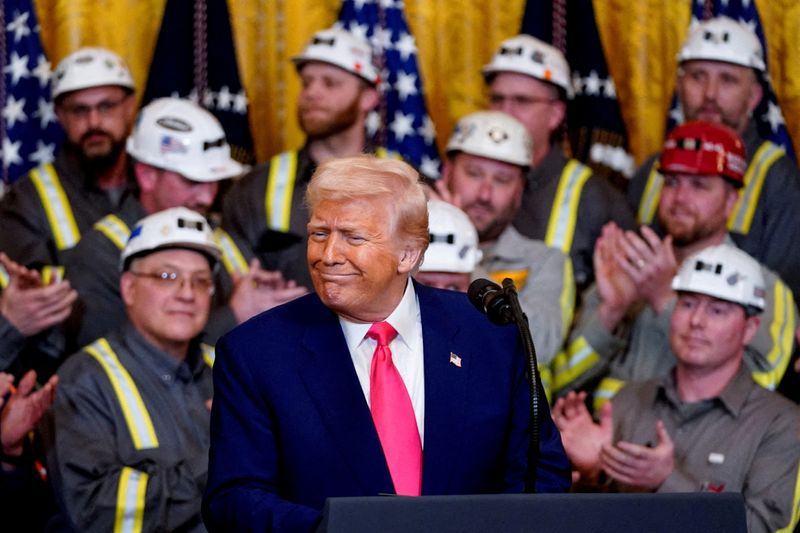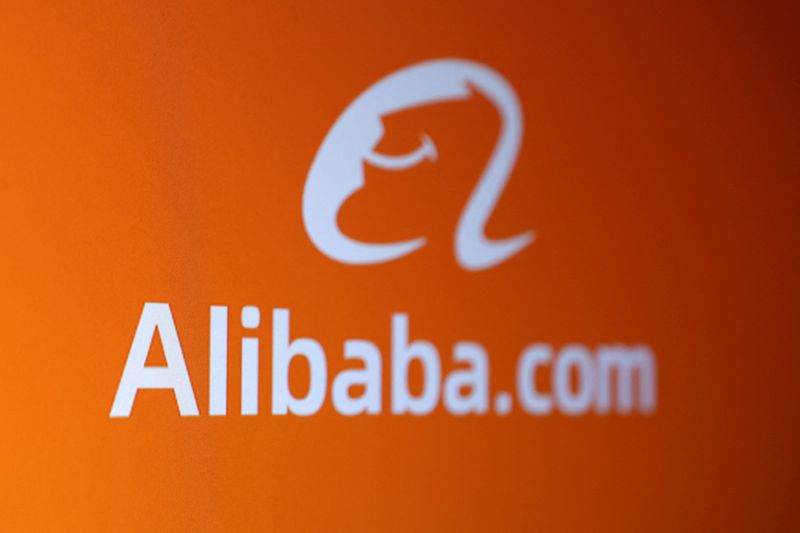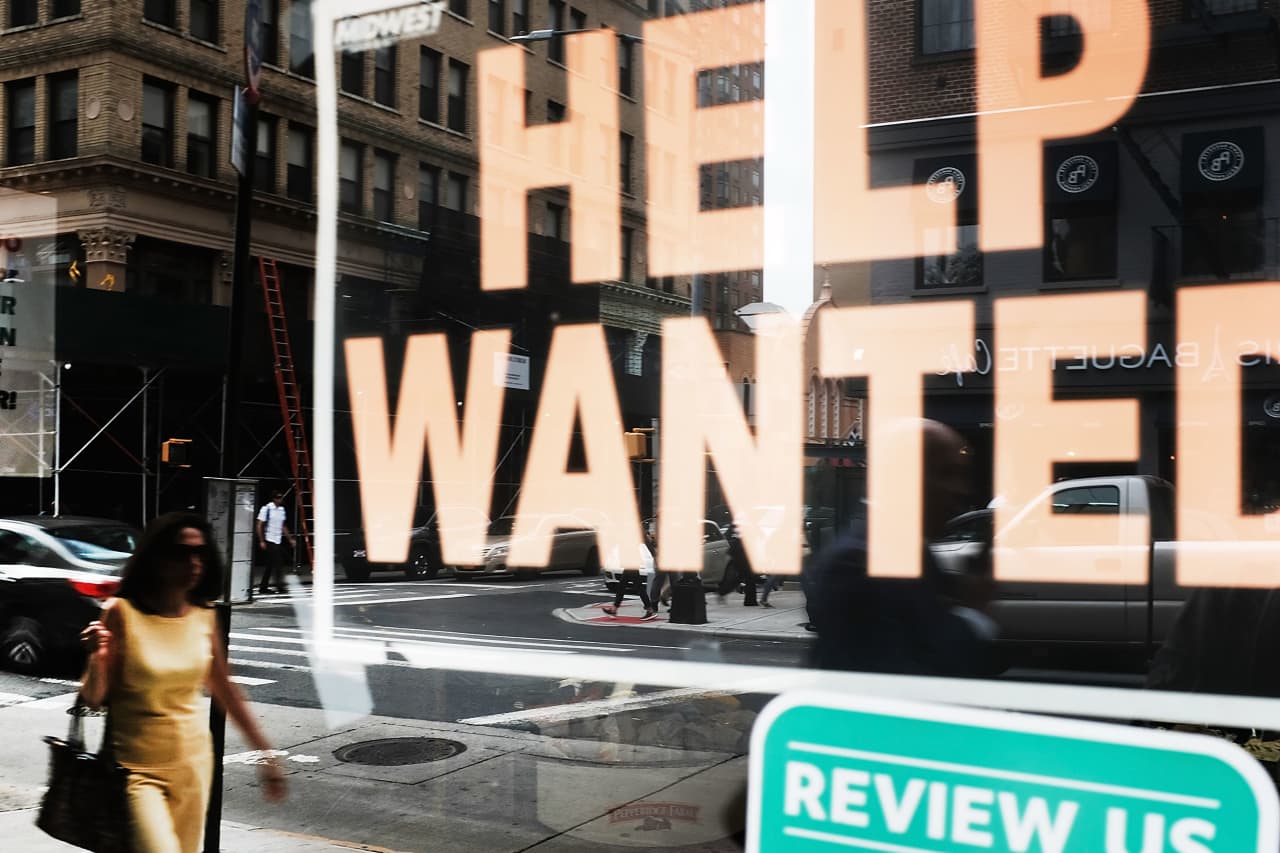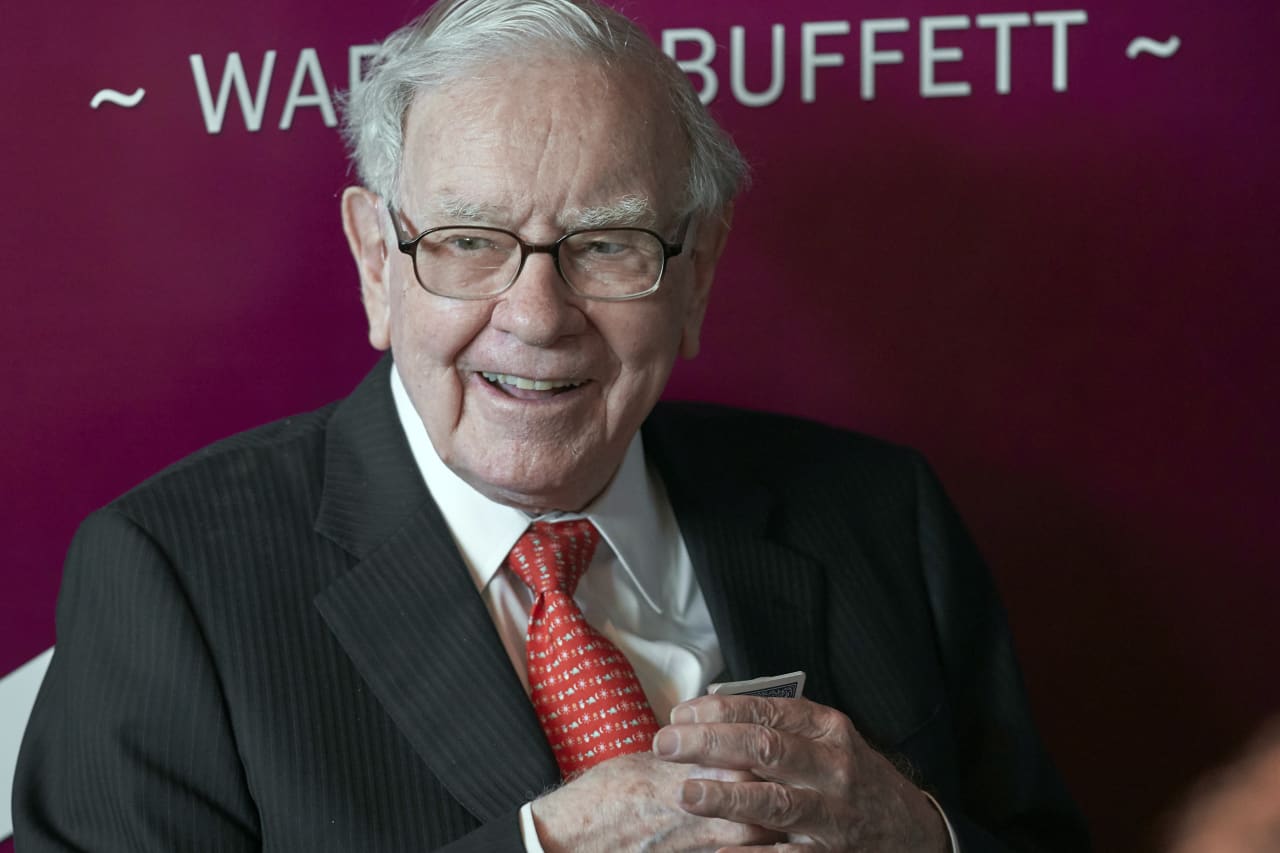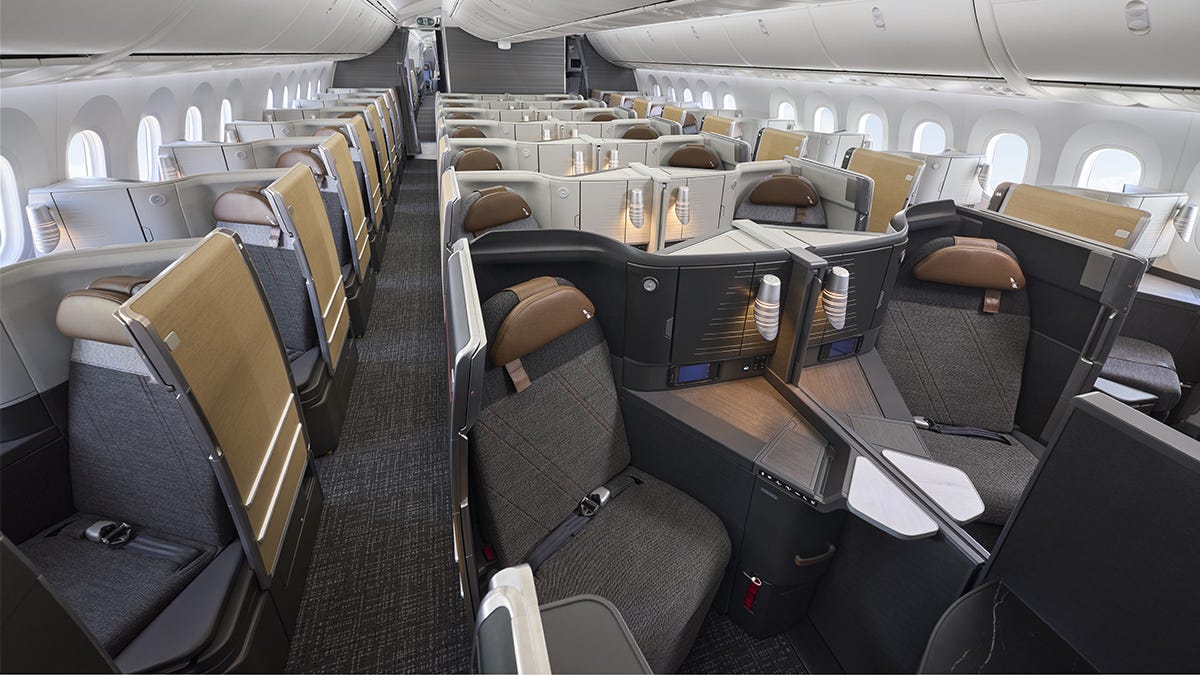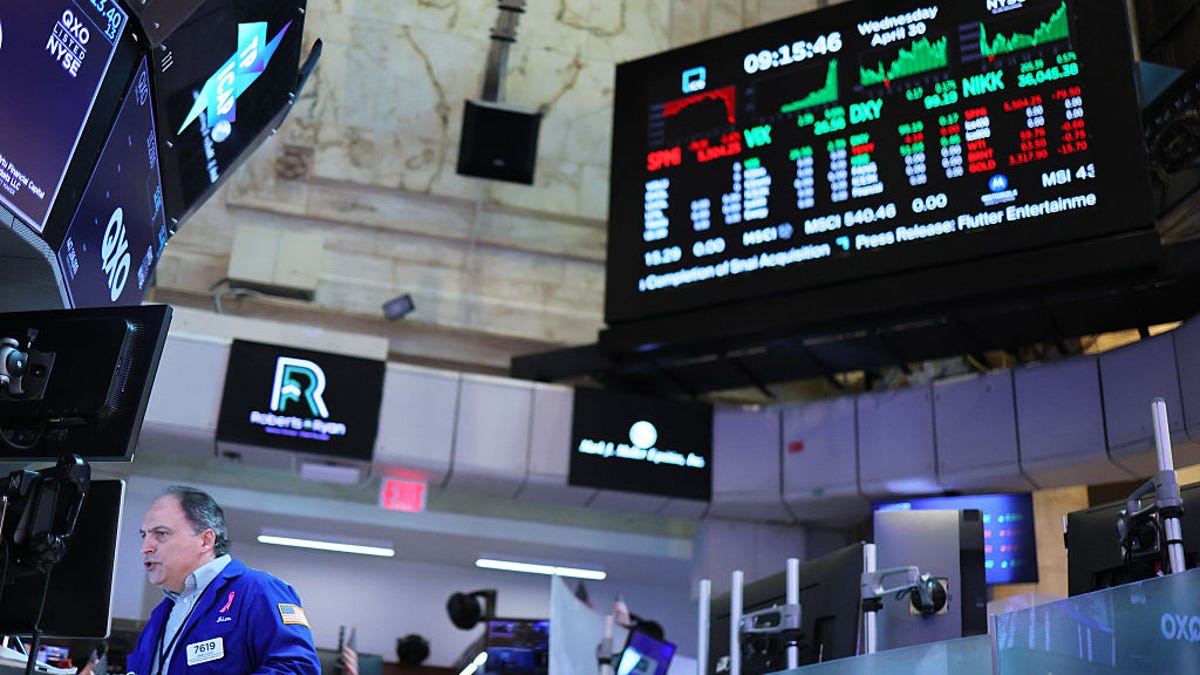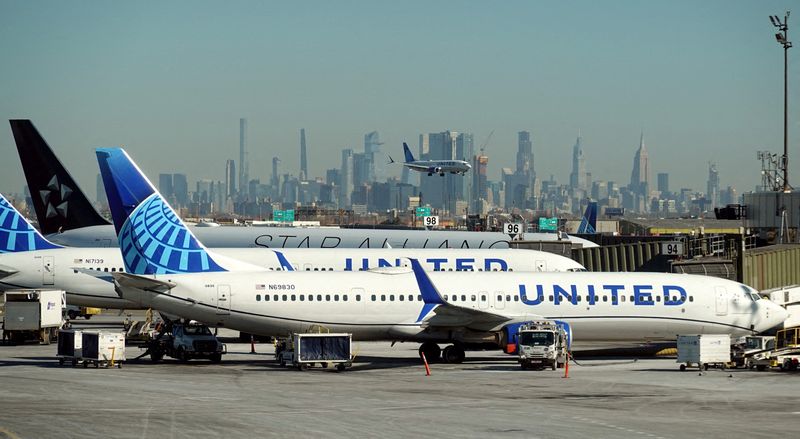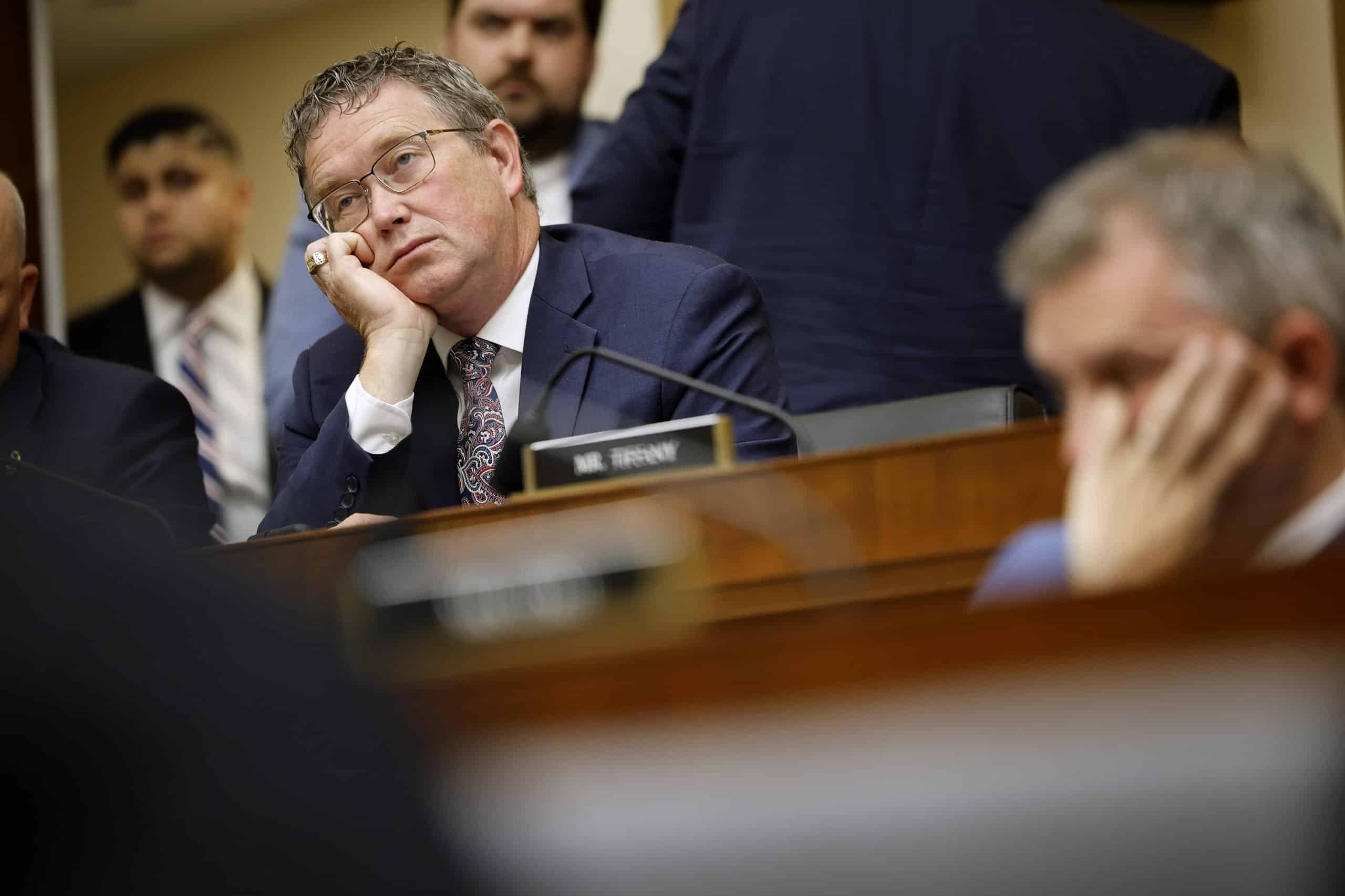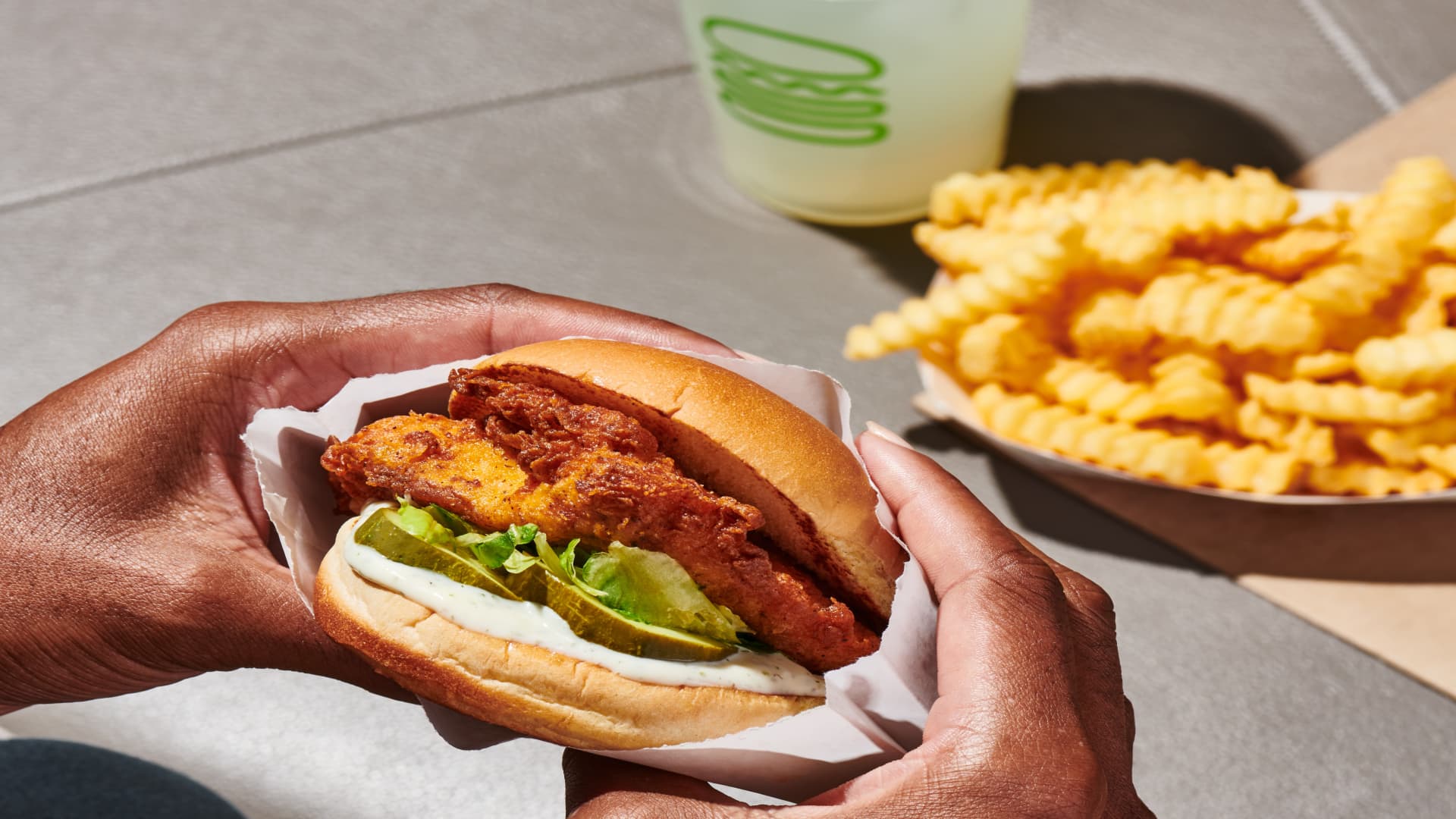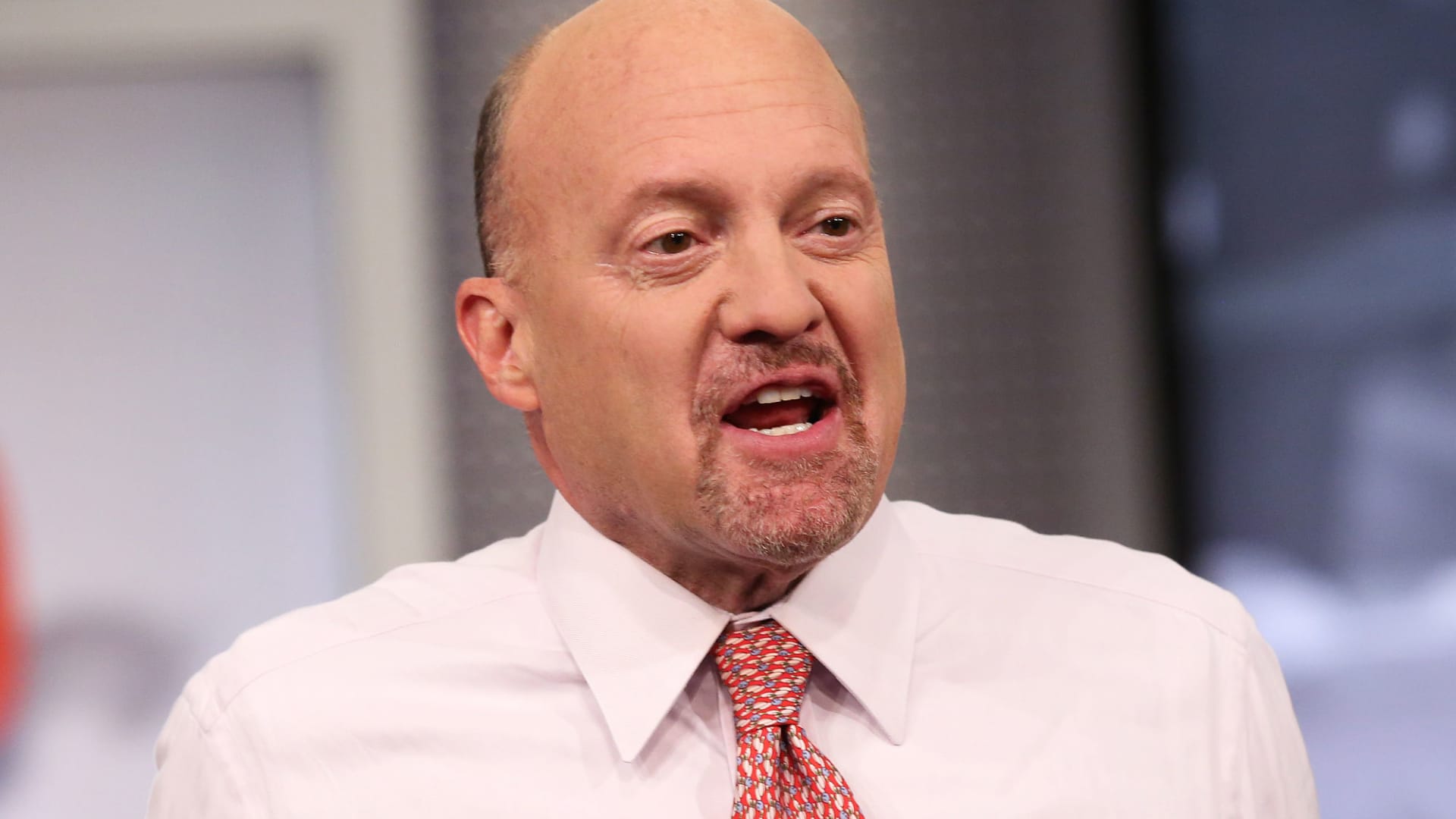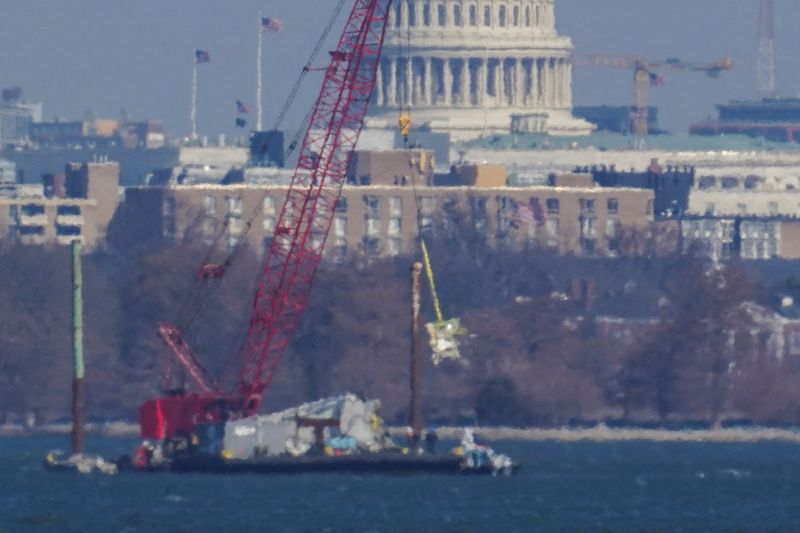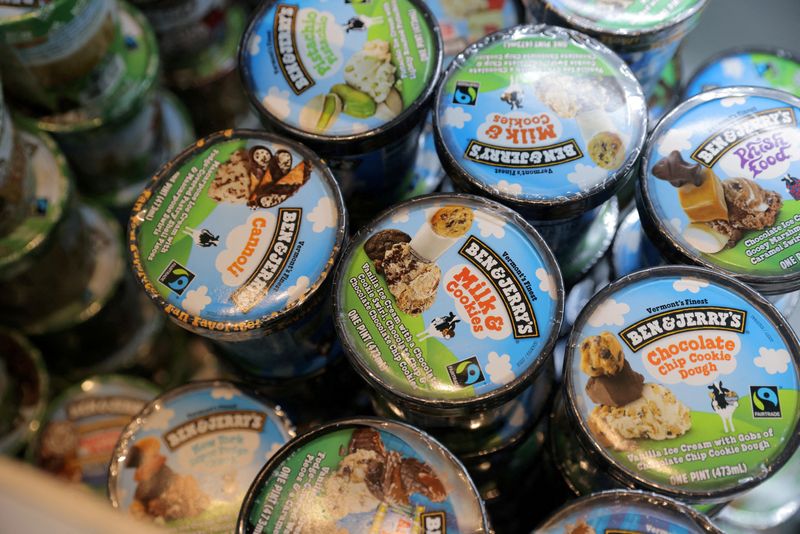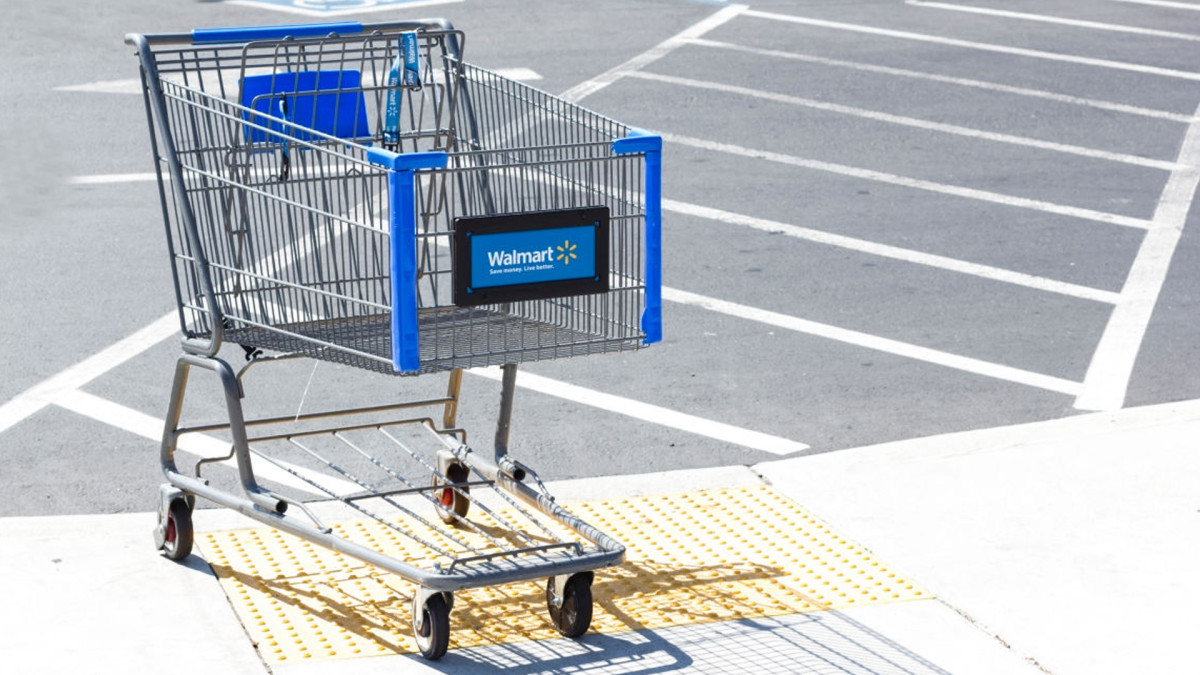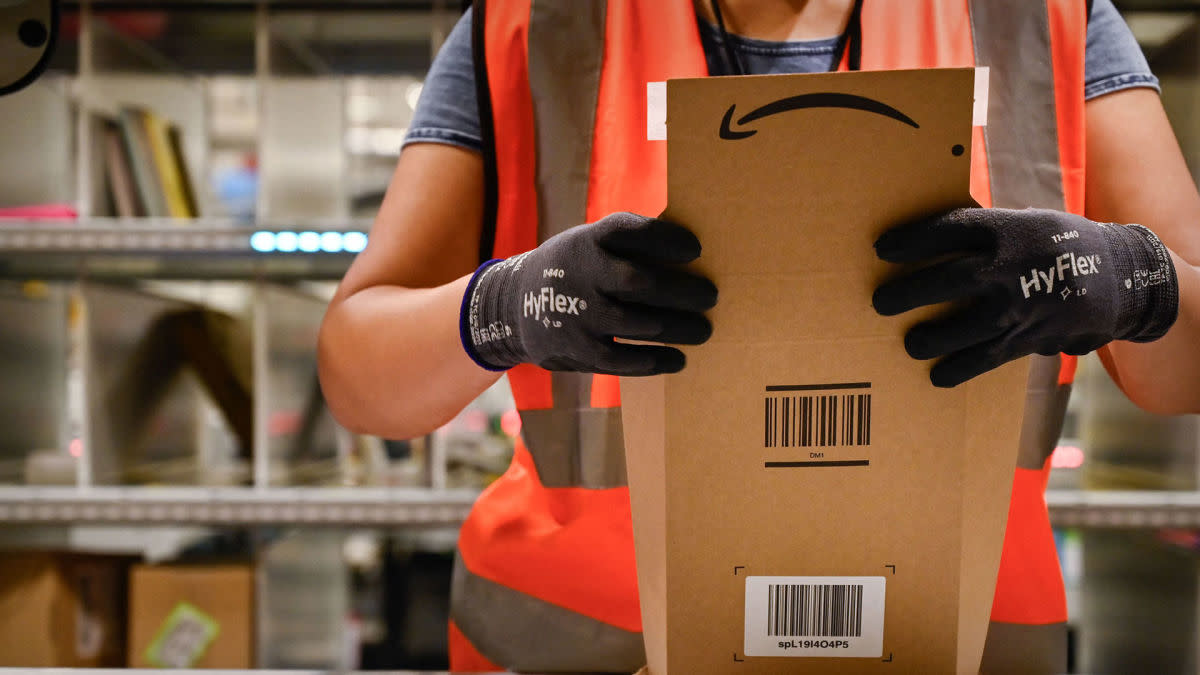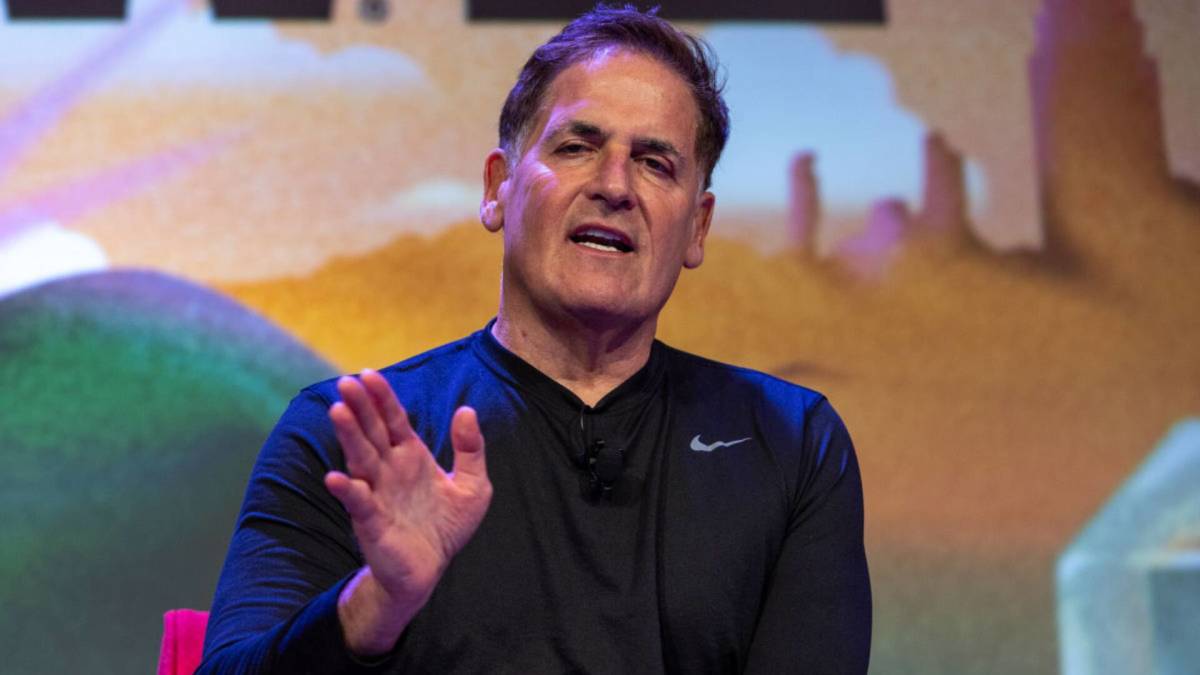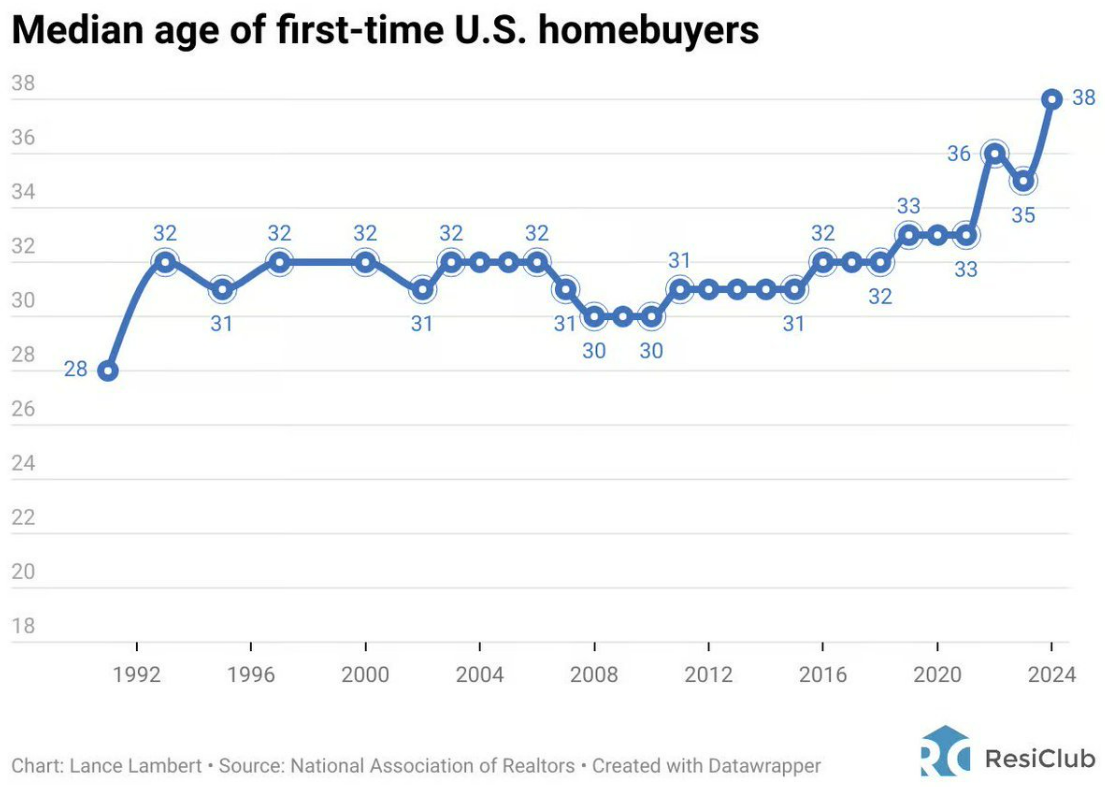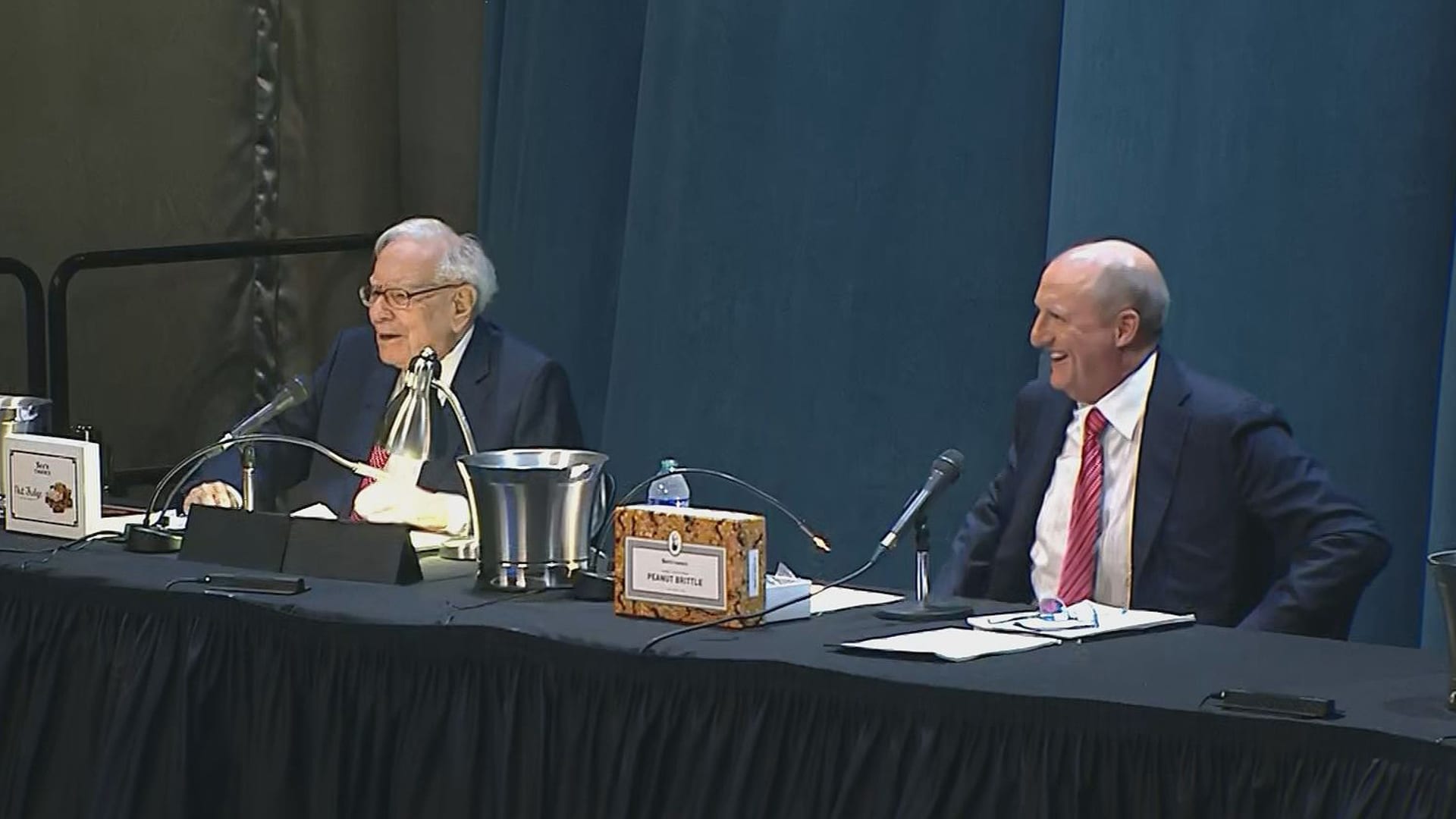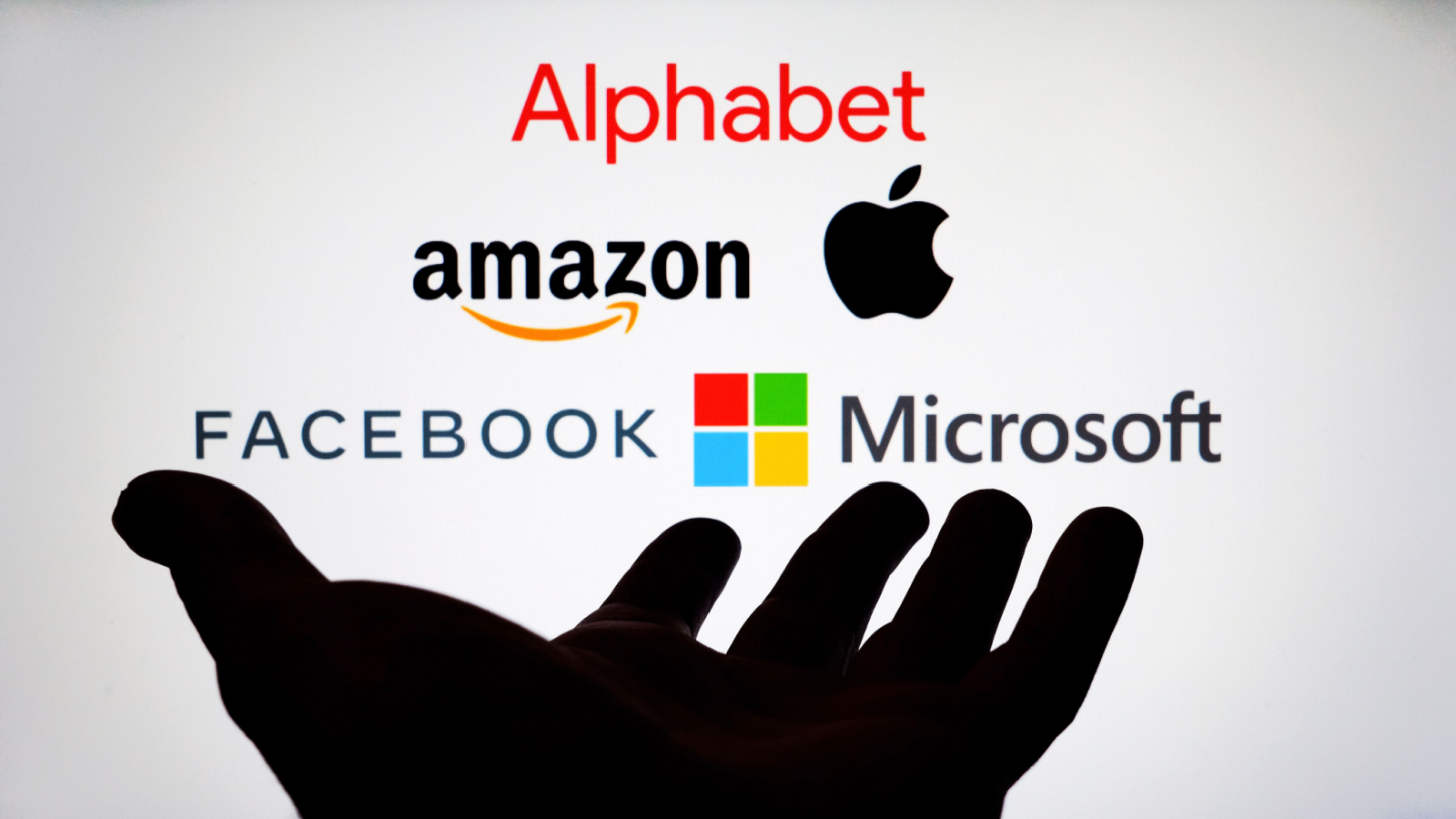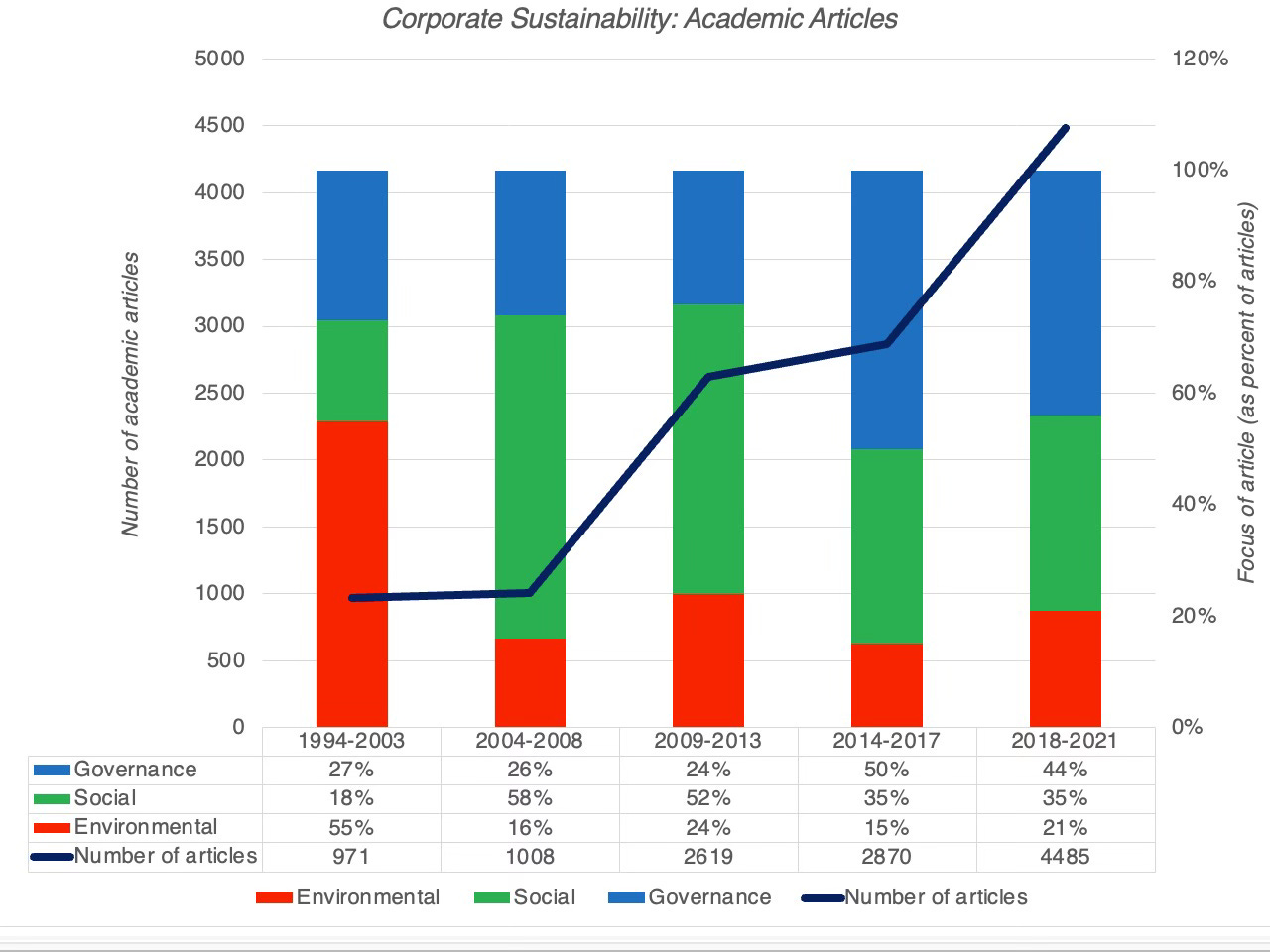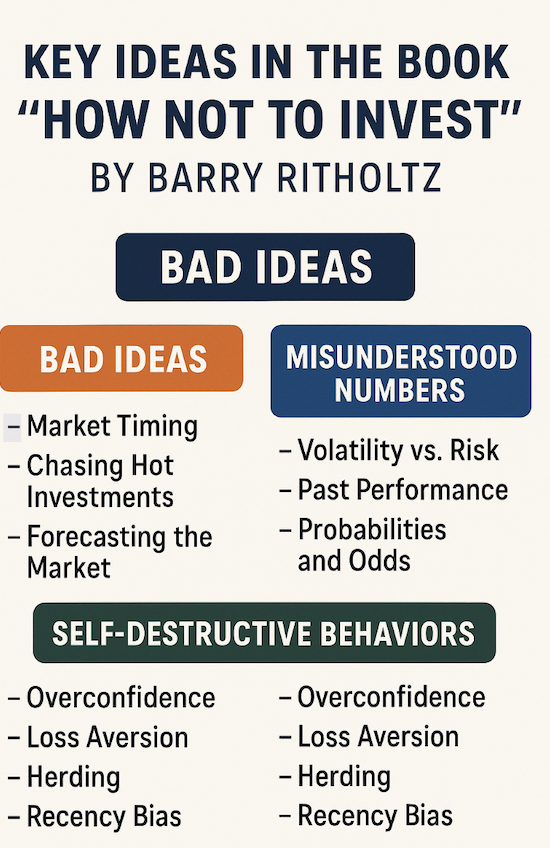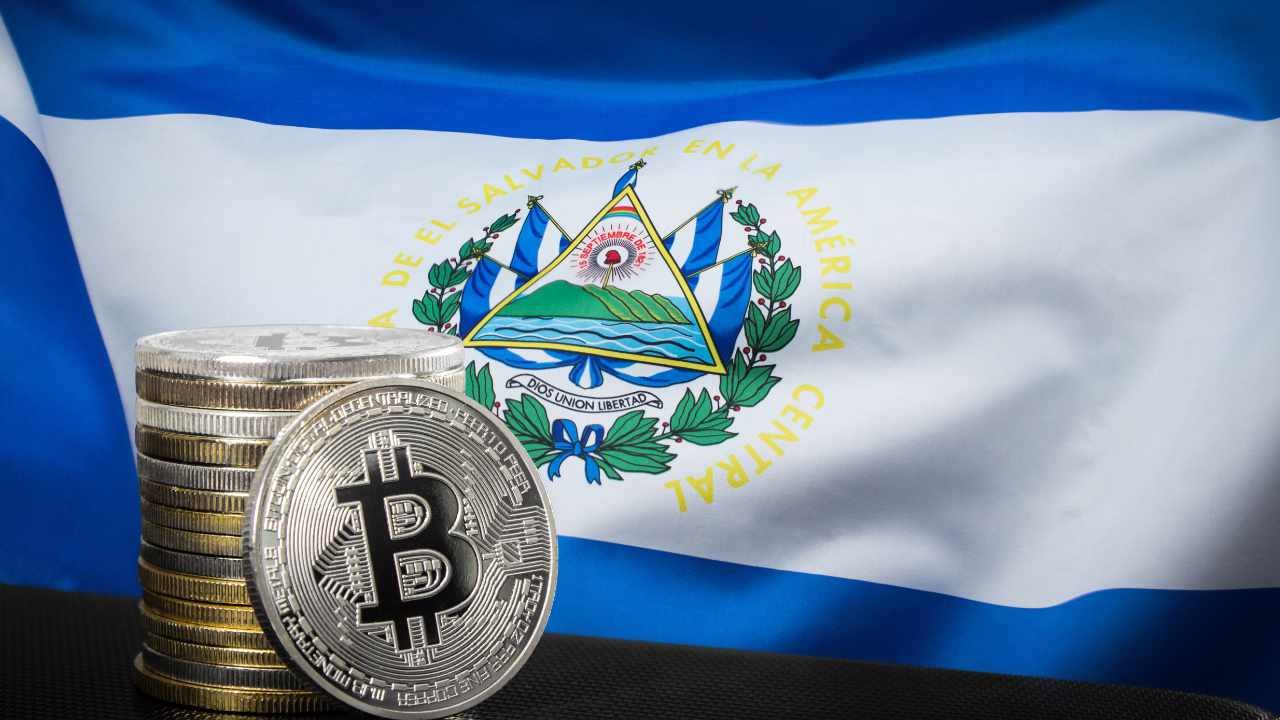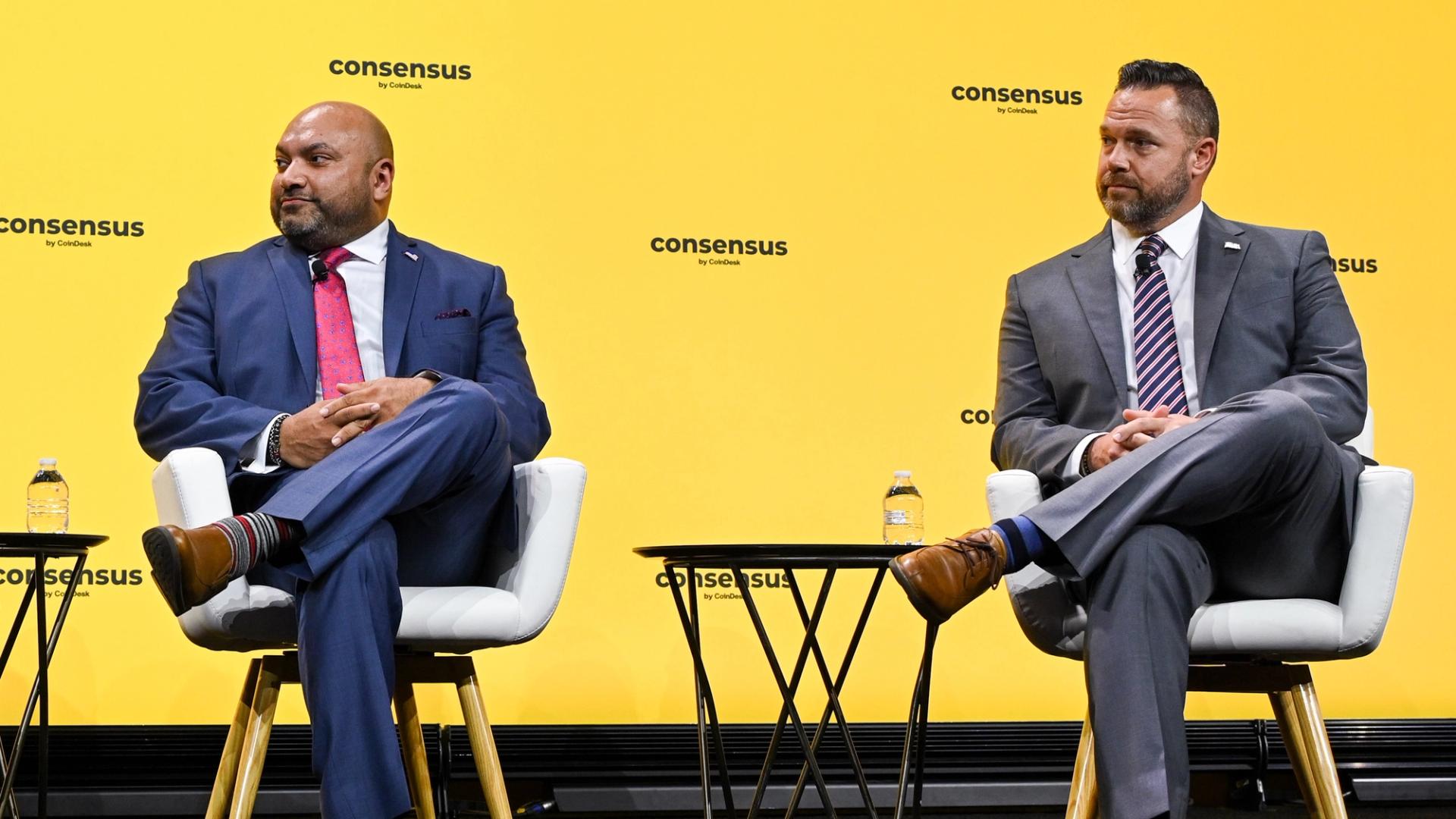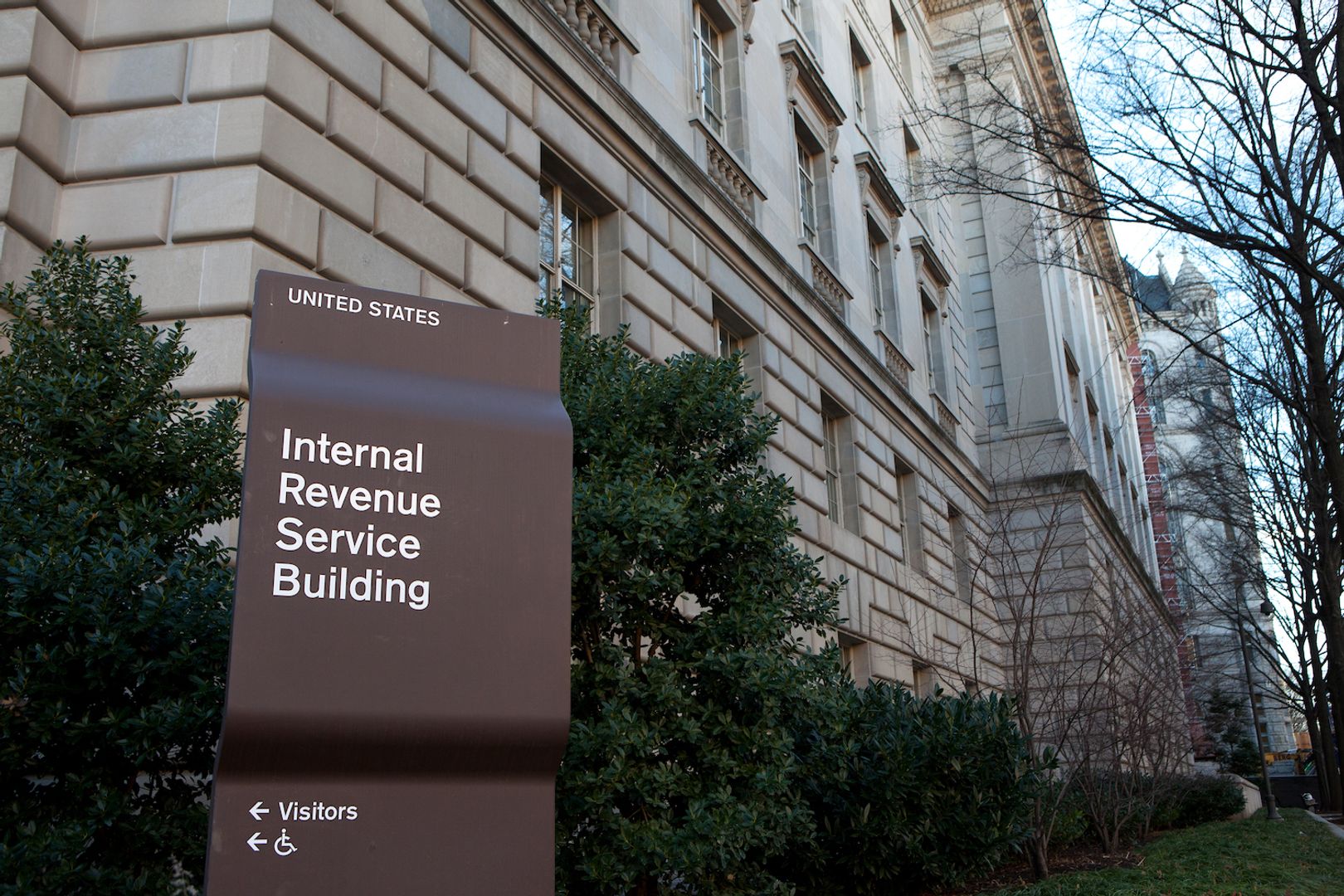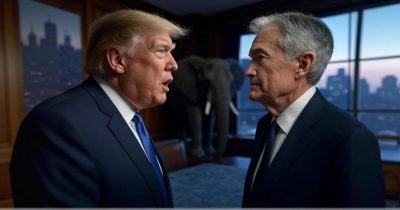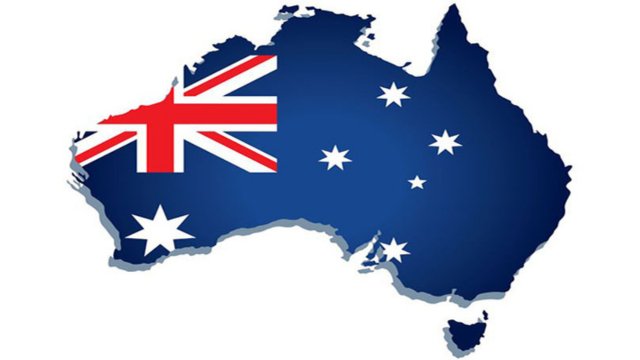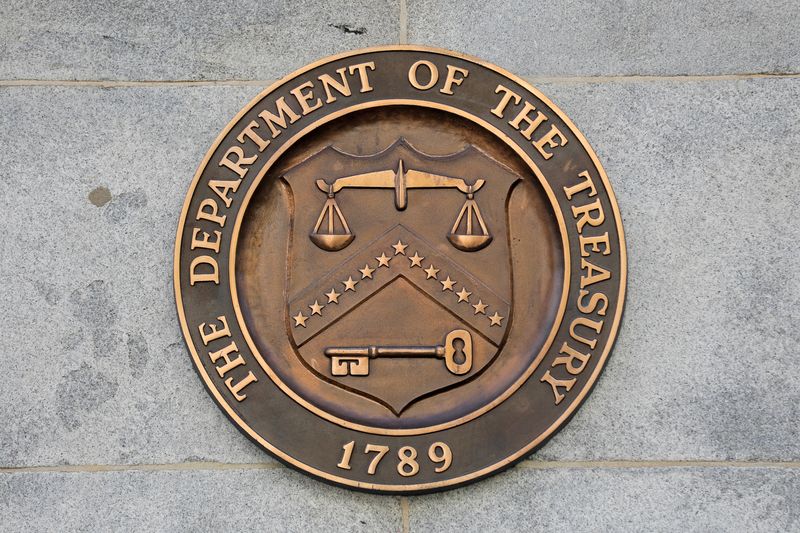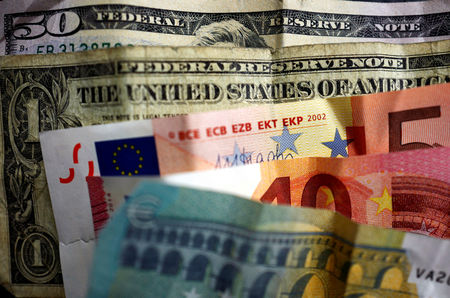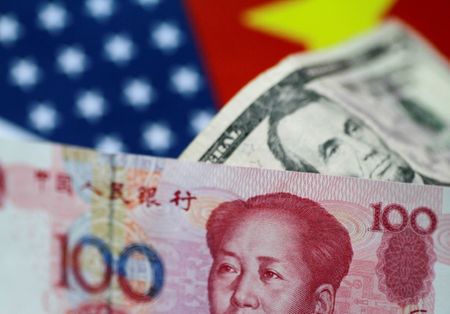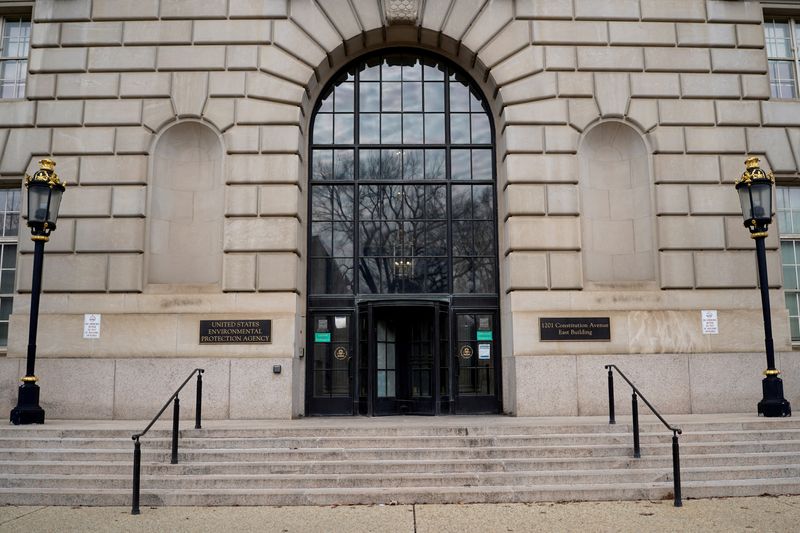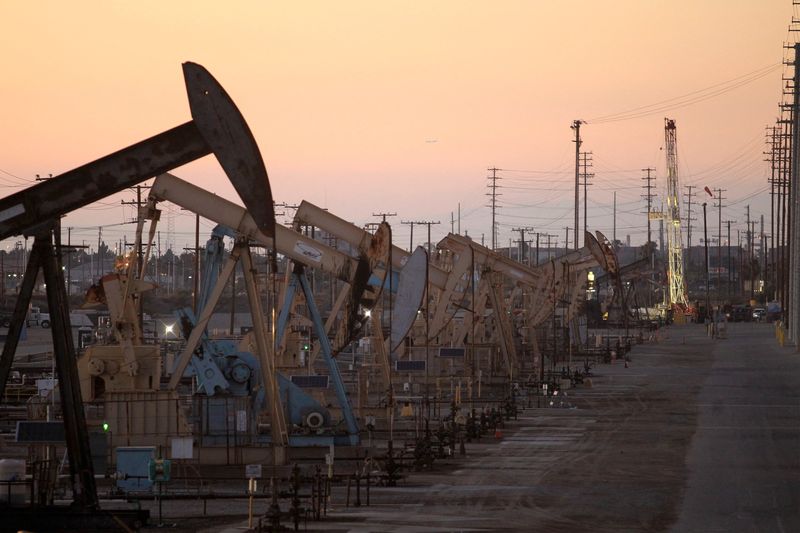Toy shortages are in the pipeline as U.S. firms cancel orders with tariffs putting Christmas ‘at risk’
According to a recent survey from the Toy Association, 80% of mid-sized companies and 64% of small companies are canceling orders.
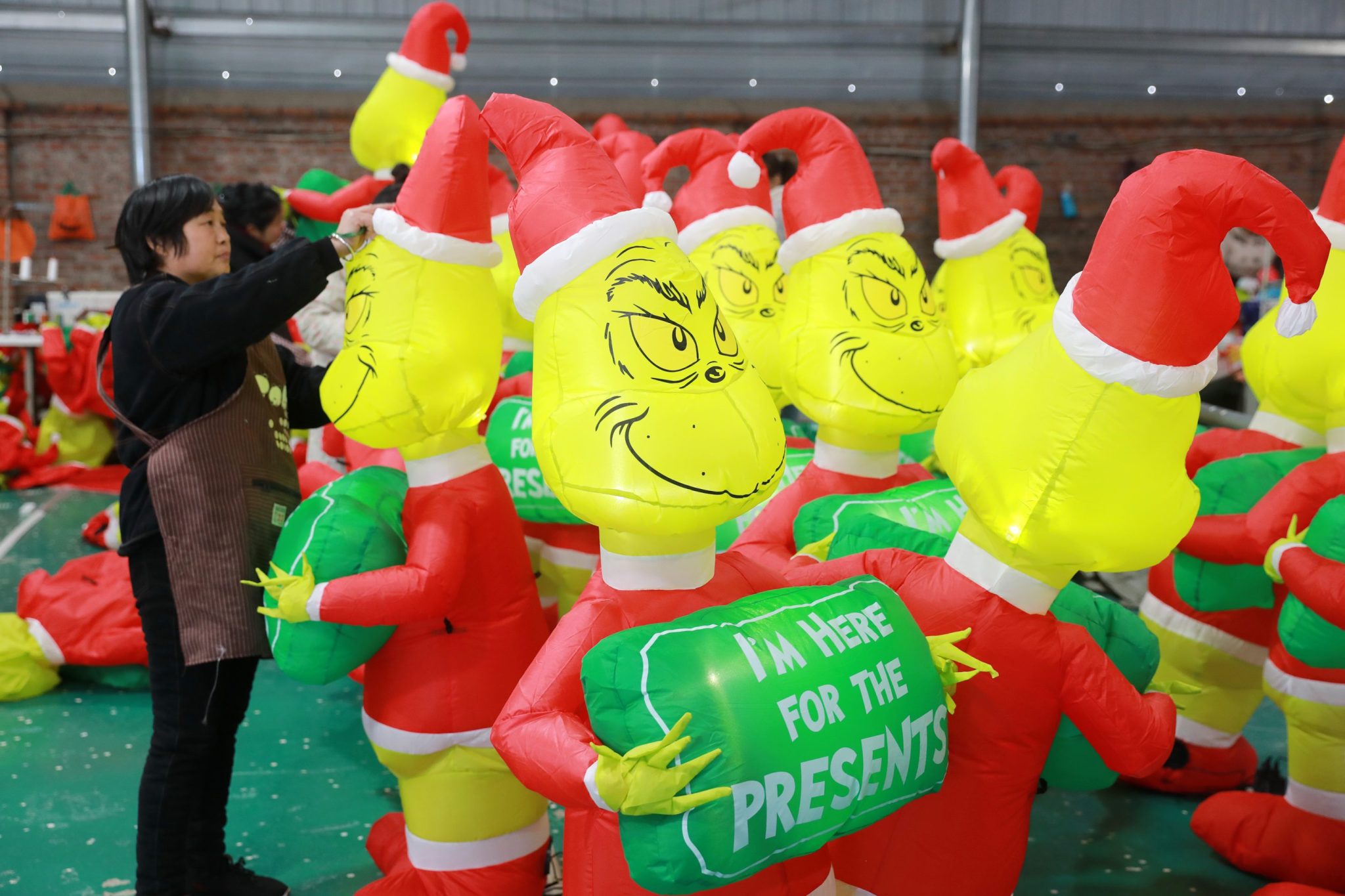
- The vast majority of American toy companies are canceling and delaying orders amid prohibitively high tariffs on China, which makes nearly 80% of all toys sold in the U.S. An industry group warned the toy supply chain is frozen, threatening to drive many firms out of business and putting Christmas "at risk" this year.
For consumers, the holiday shopping season starts in about six months. But for retailers and manufacturers, it's already Christmas season—and massive tariffs on China are freezing the supply chain.
According to a recent survey from the Toy Association, a U.S. industry group that represents manufacturers, 80% of mid-sized companies and 64% of small companies are canceling orders. In addition, 87% of mid-sized companies and 81% of small companies are delaying orders.
And many of those companies may not even survive long enough to reach the holidays. Nearly half of small and mid-sized firms, which make up 96% of American toy companies, said they will go out of business within weeks or months due to current U.S. tariff policy.
"Tariffs of 145% on Chinese imports have frozen the toy production supply chain, having a devastating impact on SMEs, many of whom are family owned...including high levels of cancelled orders and significant retail cancelled purchases, which will quickly result in loan defaults and bankruptcies," the Toy Association said, as it warned "Christmas 2025 At Risk."
That's because the holiday shopping season can make or break a store's bottom line for the year. In fact, Black Friday is traditionally when many retailers turn profitable, meaning they go from red to black ink in their ledgers.
Meanwhile, China produces nearly 80% of all toys and 90% of Christmas goods sold in the U.S., and the lead time for getting products from factories to stores is about four to five months, according to the New York Times.
Greg Ahearn, chief executive of the Toy Association, told the Times that if production doesn't start soon, "there’s a high probability of a toy shortage this holiday season."
And Jennifer Bergman, the owner of the West Side Kids toy store in New York, said she's worried she may not have any toys to sell at Christmas.
She told the Times that shortages were already taking shape, saying an importer who was handling a large order of scooters for her had rerouted a shipment to Canada to avoid U.S. tariffs, with Bergman poised to get only part of her order.
For his part, President Donald Trump acknowledged on Wednesday that his tariffs could impact the availability of toys, but downplayed the severity.
"Well, maybe the children will have two dolls instead of 30 dolls, and maybe the two dolls will cost a couple of bucks more," he told reporters.
To be sure, U.S. toy giant Hasbro reported strong first-quarter earnings last week and maintained its 2025 guidance, citing its ability to rapidly shift production to mitigate tariff impacts.
But MGA Entertainment, the maker of Bratz, LOL Surprise, and Little Tikes, was less confident and cautioned that Hasbro's results don't reflect the overall situation.
“Consumers, especially families already feeling squeezed, will be the ones who suffer,” MGA founder and CEO Isaac Larian previously told Fortune's Sydney Lake. “Come this Christmas, we’re looking at major shortages across toy aisles, with prices up by double digits or more.”
This story was originally featured on Fortune.com




